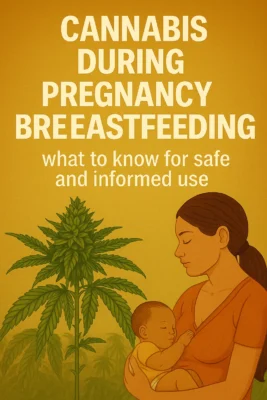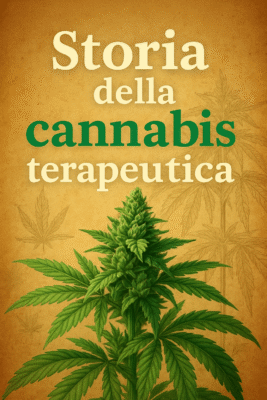“Smoking cannabis causes heart attacks.” A bold statement that you’ve probably heard before. But is there any truth to it, or is it just fearmongering? Today we break it down, exploring a delicate and often misunderstood topic: the relationship between cannabis and heart health.
A recent study published in the Journal of the American Heart Association reignited the debate. The research found that cannabis use in patients who survived a heart attack was linked to increased long-term cardiovascular mortality. But that’s not all. The risk varies based on how cannabis is consumed, how often, and lifestyle factors that accompany it.
THC, CBD, and Their Effects on the Heart
THC: What It Does to Your Cardiovascular System
Tetrahydrocannabinol (THC) is the primary psychoactive component of cannabis. Beyond the relaxed feeling, THC can have a significant impact on the cardiovascular system:
- Increased heart rate
- Blood pressure fluctuations
- Potential coronary vasospasms
- Risk of arrhythmias in vulnerable individuals
Combined with other risk factors like diabetes, hypertension, chronic stress, or tobacco use, THC can increase the strain on your heart.
CBD: A Potential Ally?
Cannabidiol (CBD), on the other hand, is non-psychoactive and has been studied for its potential heart-protective benefits. Research suggests it may:
- Reduce systemic inflammation
- Stabilize blood pressure
- Lower oxidative stress
However, benefits are mostly associated with pure, regulated products. And most importantly, CBD doesn’t cancel out THC’s effects.
The Form Matters: Smoking, Vaping, or Ingesting?
How you consume cannabis makes a big difference. Smoking introduces carbon monoxide, tar, and other toxic substances that can inflame the vascular system and increase the risk of atherosclerosis.
| Method | Heart Effects | Risk Level |
|---|---|---|
| Smoking (joint) | Quick effects, smoke toxins, THC spikes | High |
| Vaporized | No smoke, same THC impact | Moderate |
| Edibles or oils | Delayed, long-lasting effects, hard to dose | Variable |
| Isolated CBD | Potential benefits in clinical settings | Low |
It’s Also About the Dose
As Paracelsus said, “The dose makes the poison.” Studies show that the risk of heart events rises with higher THC dosage and frequent use. The JAHA study demonstrated that patients who regularly used cannabis after a heart attack had a significantly higher risk of cardiovascular death.
Clinical Cases: What Actually Happens?
In clinical settings, the questions are simple but revealing:
- Have you used cannabis in the past week?
- In what form?
- Do you feel palpitations, shortness of breath, or chest pressure afterward?
Many patients report using cannabis just before their cardiac event, often in large quantities. Coincidence? Probably not. The data shows an increased risk of heart attack within an hour of use.
It’s Not Just Cannabis: Lifestyle Matters
Cannabis is a variable — but the bigger picture includes lifestyle. The JAHA study noted that many habitual cannabis users also had poor diet, little exercise, and high stress, all of which contribute to cardiovascular risk.
Finding Balance: Cannabis with Awareness
This isn’t about demonizing cannabis — nor glorifying it. It’s about making informed, responsible decisions. If you have a history of heart disease or genetic predispositions, speak to your doctor before using cannabis.
Opting for non-smoking methods, monitoring dosage, and combining it with a healthy lifestyle can help reduce risk.
📚 Scientific Sources
- Marijuana Use and Long‐Term Mortality Among Survivors of Myocardial Infarction – JAHA, 2024
- Mittleman MA et al. “Triggering myocardial infarction by marijuana.” Circulation, 2001
- DeFilippis EM et al. “Marijuana Use in Patients With Cardiovascular Disease.” JACC, 2020
- Rezkalla SH & Kloner RA. “Cannabis and the heart: A review.” Cureus, 2021
- Thomas G et al. “Adverse cardiovascular effects of marijuana.” Am J Cardiol, 2014



